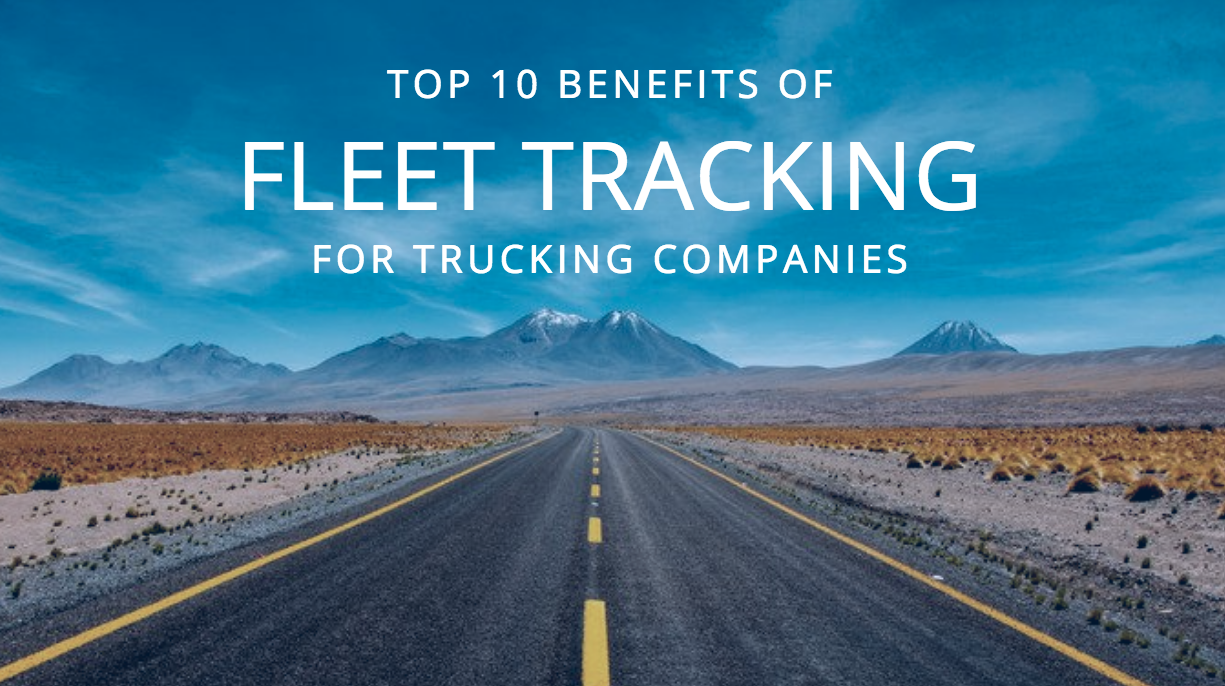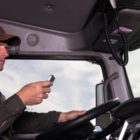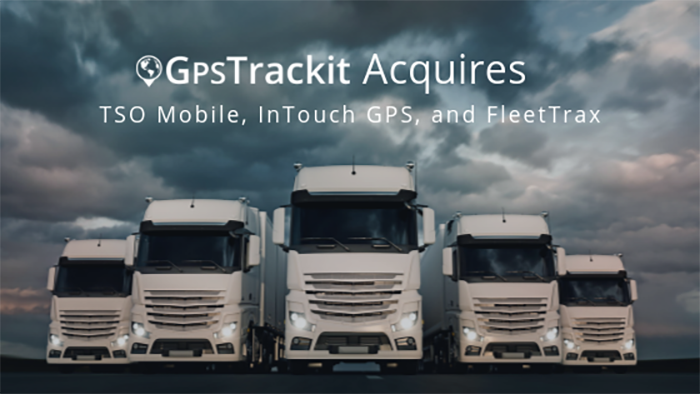From Rescue to Recovery: GPS Tracking in Emergency Response
In today’s world, location technology has made modern conveniences much easier to access. Not only can we order food on our phone and have it arrive within minutes, but we can track shipments down to the very second they arrive at our door. But did you know that GPS units are also used to facilitate recovery during emergency disaster situations? The following are a few ways GPS tracking devices help bring life back to normal in extreme circumstances.
Communication For Collaboration
When disaster strikes, it may seem like life will never revert to normal. But with access to GPS Tracking data, emergency response vehicles can optimize their time by collaborating with other recovery vehicles and sharing necessary details such as road conditions, needed supplies, and the best routes to access recovery zones. This collaboration can also occur between fleets from different clean-up companies. Some cities offer multiple sanitation collection companies for customers to choose from and, if these fleets worked together to accelerate the clean-up process by assigning zones rather than sticking to their assigned houses, they could expedite the recovery process substantially. This same method could apply to tree-cutting fleets and heavy construction equipment companies used to move debris. Through this collaboration via GPS data, fleets can more efficiently and effectively return life to some semblance of normal.
Locating Needed Services
Access to necessary services can be scarce during an emergency situation. Access to health care, food, water, shelter, and even power grids can be compromised. With GPS systems mapping the locations of these resources, victims of disaster can contact their local law enforcement agencies and get the information they need to outlast the tumultuous recovery process. Tracking healthcare fleets can be extremely advantageous, as crews can map ideal routes for multiple stops in a small area. Not only that, but with collected GPS data, emergency services are also able to better handle distribution of supplies, helping drivers deliver goods to where they are needed the most.
Variable Situations: Nature and Coordinated Attacks
Disasters don’t have to be natural to be dangerous. During the tragic bombing of the Boston Marathon in April 2015, companies were able to locate their vehicles closest to the damaged zone and safely move them away from the affected area, providing more space for emergency aid workers to function. This of course preserved the driver’s safety by sending them away from any potential fallout that might occur due to the nature of the disaster. Emergency crews themselves were able to utilize their fleets effectively by managing the various vehicles and their locations, only sending them in once areas had been cleared of potential hazards. With confusion as one of the most dangerous and detrimental setbacks to rescue and recovery, it can be helpful for rescue crews to have consistent GPS data throughout the recovery process.






